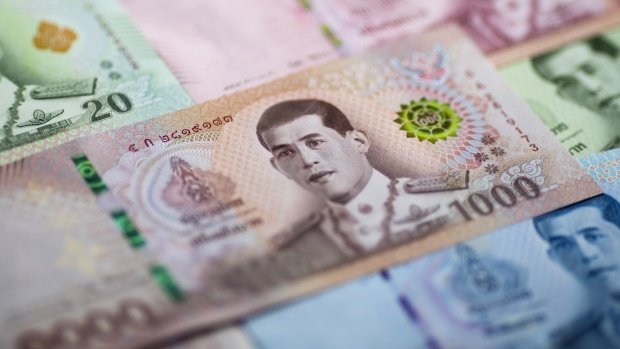The Bank of Thailand has limited scope to tackle baht strength but the currency’s climb is a sign of investor confidence in the country’s economic fundamentals, according to the World Bank.
“The trends that drive Thai baht appreciation aren’t easy to combat by central bank policies,” Birgit Hansl, the World Bank’s country manager for Thailand, said in an interview Monday in Bangkok.
The jump is part of a global picture, which nations with small, open economies have “limited ability” to change, she said.
The baht has emerged as a haven for some investors, underpinned by a current-account surplus and $220 billion of foreign reserves.
The currency’s near 7% climb against the dollar this year, the best in Asia, contributed to a slowdown in the trade-led Thai economy by hurting export competitiveness.
The resilience of the baht is a “double-edged sword” but a high level of economic stability is more important for long-term investors, Hansl said.
“In that regard the Thai baht is a good sign,” she said. “Investors are seeing Thailand as stable and safe place.”
The Bank of Thailand said last month that speculation on the baht has subsided after an interest-rate cut and steps to curb some inflows.
The currency weakened 0.1% to 30.482 per dollar as of 11:03 a.m. in Bangkok.




